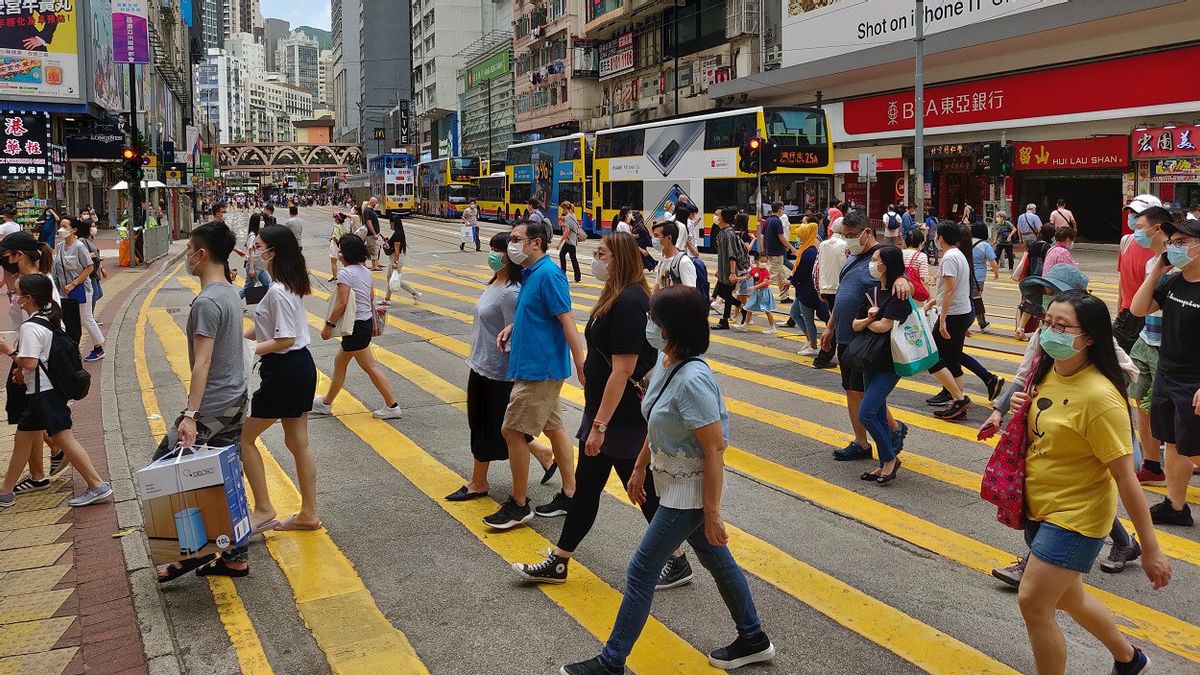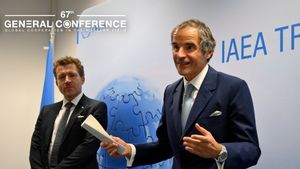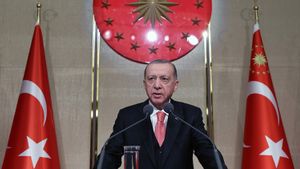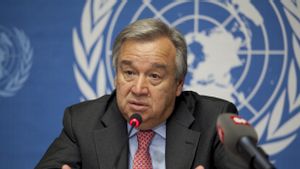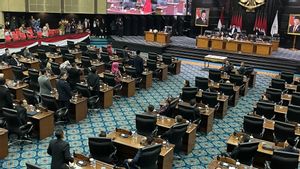JAKARTA - The World Health Organization (WHO) asked Chinese authorities to provide details regarding the increase in respiratory disease and pneumonia reports in children, which the WHO office in China said Thursday was called a routine' examination.
Chinese authorities from the National Health Commission held a press conference on November 13 to report an increase in respiratory disease events.
Authorities attribute this increase to the lifting of COVID-19 restrictions and the circulation of known pathogens such as influenza, mycoplasma pneumoniae, general bacterial infections that usually attack children, syncytial respiratory viruses (RSV), and viruses that cause COVID-19.
On Wednesday, WHO said groups including the Developing Disease Monitoring Program (ProMED) reported an undiagnosed pneumonia group in children in northern China.
The WHO said it was unclear whether this was related to the overall increase in respiratory infections previously reported by Chinese authorities or separate incidents.
The WHO said it had requested additional epidemiological and clinical information as well as laboratory results from outbreaks reported in children, through the International Health Regulation mechanism.
Based on these rules, China should respond to WHO within 24 hours.
In addition, the UN health agency has also requested further information from China regarding the circulation trend of known pathogens and the burden on the health care system. WHO said it had been in contact with doctors and scientists through technical partnerships and networks in China.
Meanwhile, the WHO office in China said it was "routine" asking for information about an increase in respiratory disease and reports of pneumonia groups in children from member countries, such as China.
The increase in respiratory disease comes as China prepares for its first full winter since the country lifted strict COVID-19 restrictions in December.
It is known, many other countries experienced an increase in respiratory diseases similar after the easing of pandemic policies.
SEE ALSO:
"This is just a relatively large seasonal spike, perhaps partly due to coincidence and partly because there has been a slight 'dependence' of a smaller spike in winter in the last three years," said Ben Cowling, an epidemiologist at the University of Hong Kong.
WHO recommends that people in China follow steps to reduce the risk of respiratory diseases, such as vaccination, keep their distance from sick people, stay at home when sick, undergo medical tests and treatments as needed, wear masks if needed, ensure good ventilation and wash their hands regularly.
The English, Chinese, Japanese, Arabic, and French versions are automatically generated by the AI. So there may still be inaccuracies in translating, please always see Indonesian as our main language. (system supported by DigitalSiber.id)
